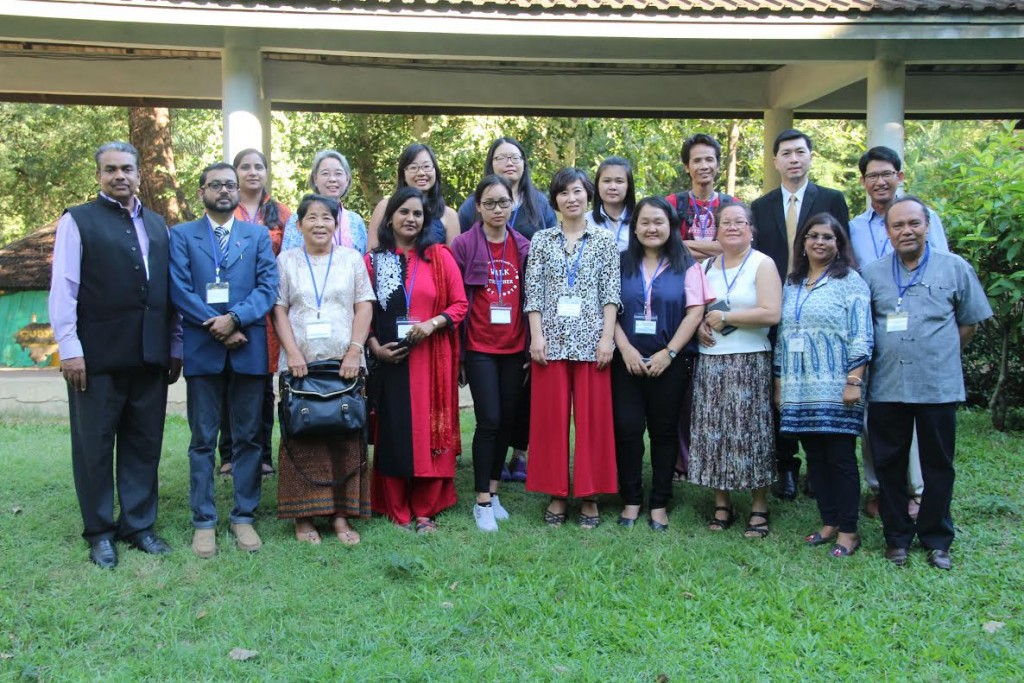“Human trafficking should be a major concern of Asian Churches,” says CCA General Secretary
 “Human trafficking should be a major concern of Asian Churches”, says CCA General Secretary
“Human trafficking should be a major concern of Asian Churches”, says CCA General Secretary
“In a situation where trafficking of human beings becomes an increasing trend in Asia, the theological and biblical bases and our Christian value and principle of love of Christ for the stranger, the alien and the suffering one in our midst should be the motivating factor for Churches to be concerned on the rights and dignity of the victims of human trafficking”, said Dr. Mathews George Chunakara, General Secretary of the Christian Conference of Asia (CCA).
Delivering the thematic address at the Opening Session of the Asia regional consultation of CCA on the theme “Churches Together for Joint Action against Trafficking of Women and Children”, the CCA General Secretary said: “As transnational migration increases, migrant smuggling and human trafficking also are on the rise. The impacts of human trafficking on human rights are multifaceted. Combating human trafficking should be everyone’s responsibility in this world today and it requires a collective effort. Although international law is a powerful conduit for combating human trafficking, the issues of compliance and enforcement of anti-trafficking laws are problematic, but not impossible to overcome”.
“More public opinion should be mobilized and more coordinated action of ecumenical advocacy needs to be initiated with the active participation of Asian churches”, he added.
The consultation is being held at the Payap University, Chiang Mai, Thailand from 17-20 November 2015 and attended by about twenty participants from different Asian countries.
While speaking about “Migration and Trafficking in Person; Trafficking in Thailand’s Fishing Industry”, Dr. Krisanaphong Poothakool described the plight of the trafficked victims from Thailand’s neighbouring countries. He said that “human trafficking is rife in Thailand’s fishing industry and most of the victims trafficked to fishing industry sector in Thailand are men and boys from poor, rural areas in Cambodia, Laos and Myanmar. The trafficked persons crossing the border are totally controlled by organised team of traffickers.
He explained that, once on board, they are forced to work in the fishing vessels on the sea for long hours, up to 17 to 20 hours continuously without break for weeks or months in dangerous environments leaving them physically and mentally tortured”.
Several other issues including Trafficking of Women and Children in South Asia, North East Asia, Cambodia, Women and Children in Sex Industry in South East Asia, International and Regional Instruments and Mechanisms for Combating Trafficking also are being dealt at the consultation.










